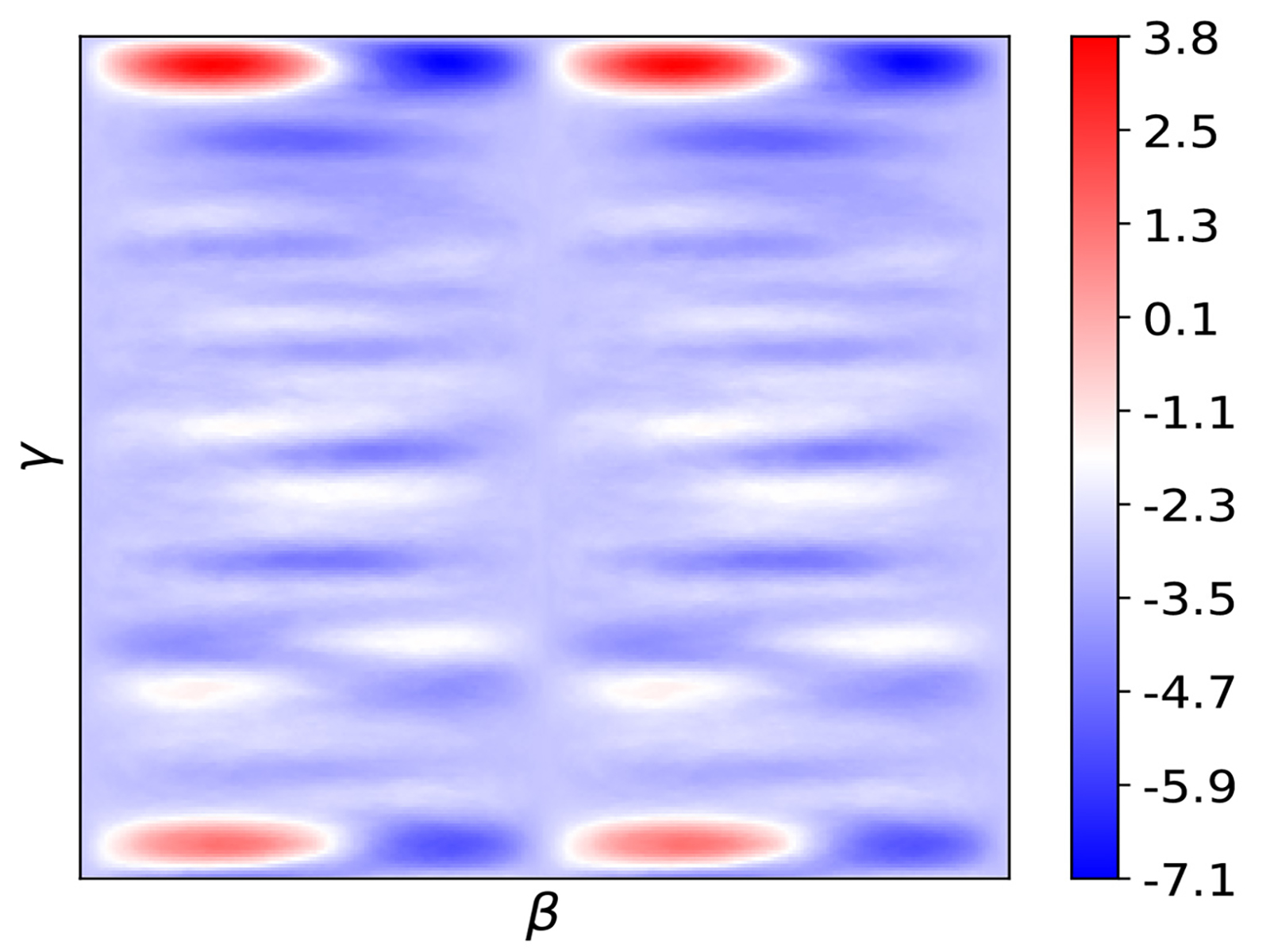Quantum computing is unique among “beyond Moore’s law” computing contenders in that it leverages quantum mechanics to offer potentially exponential resource advantages over technologies relying only on classical physics. Currently, however, our understanding of this new field is limited, and in many cases achieving a quantum advantage remains uncertain.
To address these issues, researchers in the Fundamental Algorithmic Research for Quantum Computing (FAR-QC) project will develop novel algorithms to advance capabilities in quantum simulation, optimization, and machine learning. These algorithms will serve as a template for implementations on emerging and future quantum architectures. In addition, the researchers will analyze the performance and scaling of quantum simulated systems to determine whether quantum systems can bring sustained performance advantages over classical computing.
Of particular interest are noisy intermediate-scale quantum (NISQ) devices, which have showed encouraging results over classical computers and offer a potential transitional stage to full-scale quantum computers. The FAR-QC team will explore hybrid algorithms combining classical techniques with novel quantum technologies and will work with applications scientists to adapt and optimize these algorithms for NISQ devices.
By bringing together interdisciplinary expertise from academia, industry, and the national labs, the FAR-QC project aims to provide a better understanding of the capabilities of this exciting new field of quantum science.
Find out more about related activities at the Quantum Computing at Argonne page.
